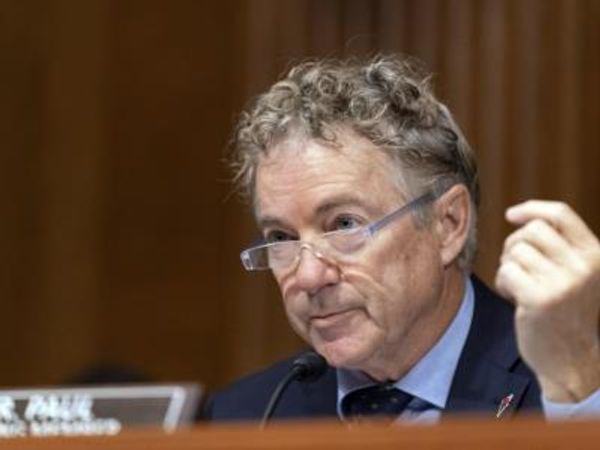
Beijing (AFP) - China's premier called for more to be done to stabilise the world's second-largest economy, issuing an unusually stark warning as the country's zero-Covid strategy bites into growth.
China is the last major economy welded to a policy of mass testing and hard lockdowns to eliminate virus clusters, but the strict curbs have battered businesses.
Restrictions around the nation in recent months -- including on the manufacturing hubs of Shenzhen and Shanghai, as well as the breadbasket province of Jilin -- have tangled supply chains and dragged economic indicators to their lowest levels in around two years.
In some ways, the challenges now are "greater than when the pandemic hit hard in 2020", Premier Li Keqiang told a State Council meeting on Wednesday, according to a readout by the official Xinhua news agency.
"We are currently at a critical juncture in determining the economic trend of the whole year," Xinhua quoted Li as saying.
"We must seize the time window and strive to bring the economy back onto a normal track."
Li also said officials ought to make sure there is "reasonable" growth in the second quarter, fuelling fears that the country's target for yearly expansion of around 5.5 percent may not be met.
Li's remarks are the latest in a growing chorus of calls from officials and business leaders for more balance between stopping the virus and helping the ailing economy.
On Monday, the central bank and banking regulator urged financial institutions to boost lending, citing pressure on the economy, Chinese media reported.
This came as retail sales plunged 11.1 percent on year in April while factory output sank 2.9 percent -- the worst showing since the early days of the Covid crisis.
And the urban unemployment rate edged back towards its February 2020 peak.
In March, and particularly in April, indicators including employment, industrial production and freight dropped "significantly", Li said at the Wednesday meeting.
He stressed the importance of coordinating virus control and economic development, according to Xinhua.
On Thursday, the State Council will also send teams to 12 provinces to oversee local work in implementing state policies, the report said.
Wilting growth
Two more companies sounded a warning Thursday on the impact of the stringent Covid measures, with e-commerce titan Alibaba reporting its annual profit was down nearly 60 percent.
The group warned its domestic business has been "significantly affected by the Covid-19 resurgence in China", and said it had decided not to offer its usual financial outlook for the year ahead.
In addition, tech giant Baidu reported $140 million in net loss over the January-March period, while co-founder Robin Li warned that "challenges related to the virus continue to pressure" their operations.
China's current outbreak -- fuelled by the Omicron variant -- is the worst since early in the pandemic in 2020.
Financial hub Shanghai has been almost entirely sealed off since April, crushing businesses, while curbs are creeping in across the capital Beijing with no clear end in sight.
The government has offered tax relief and a bond drive to help industries, and President Xi Jinping earlier called for an "all-out" infrastructure push.
But analysts cautioned that growth will keep wilting until China eases its rigid virus controls.
S&P Global Ratings this month lowered its full-year growth forecast for China from 4.9 percent to 4.2 percent due to Covid curbs.
And Nomura analysts warned in a recent note that there is "increasing potential for negative GDP growth in the second quarter".
Wednesday's State Council teleconference involved an unusually large cohort of officials, Chinese outlet The Economic Observer reported.
The economic woes come in a pivotal political year for Xi, who is eyeing another term in power at the Communist Party Congress this autumn.
China's economy is a key driver of global growth and is crucial domestically for the Communist Party, which has based its legitimacy on delivering steady expansion and improved standards of living.







